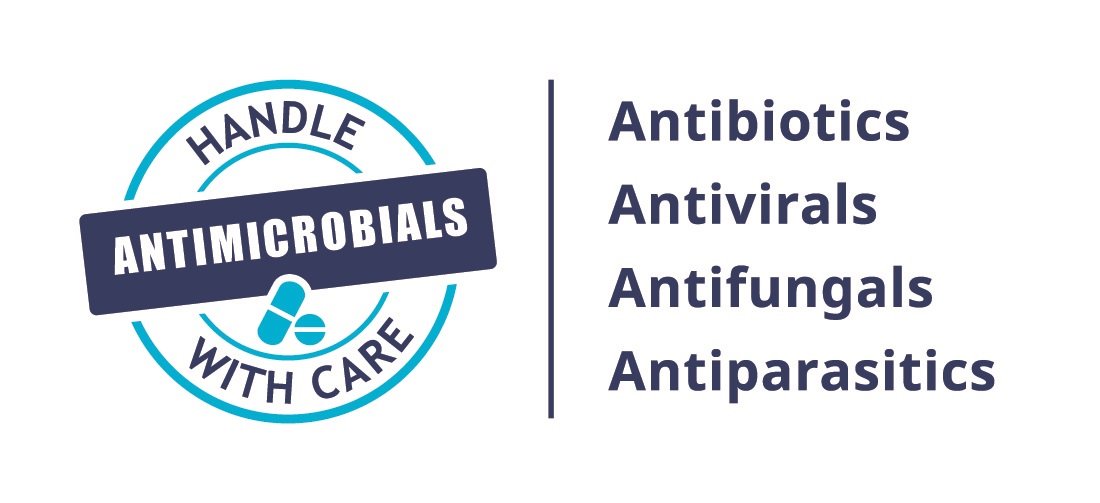World Animal Protection raises alarm over misuse of antibiotics
World Antimicrobial Awareness Week, which ended November 24 worried over rising inappropriate use of antimicrobials in animals globally. Earlier, the report of study released by World Animal Protection done in November and December 2020 said “Self-prescription and uncontrolled purchase of antibiotics from drug vendors is a worrying trend.” The study consisted of a cross-sectional survey […]

World Antimicrobial Awareness Week, which ended November 24 worried over rising inappropriate use of antimicrobials in animals globally.
Earlier, the report of study released by World Animal Protection done in November and December 2020 said “Self-prescription and uncontrolled purchase of antibiotics from drug vendors is a worrying trend.”
The study consisted of a cross-sectional survey targeting veterinary drug stores (agrovets), pharmacies, farmers, and the public across 19 counties in Kenya to determine the knowledge and practices on antimicrobial resistance. It attracted a total of 1,142 participants across 19 counties in Kenya.
Findings “showed that antibiotics were the most sold product in 58percent of agrovets and 43 percent of pharmacies interviewed. Antibiotic sales contributed significantly to total revenue in both stores, 38.8 percent in Pharmacies and 30 percent in Agrovets.
“Dairy (49.6 percent) and poultry (38.9 percent) farmers were reported as the most frequent consumers of antibiotics. These two species are associated with intensive farming systems that are associated with overuse and misuse of antibiotics to mask poor welfare practices,” a statement from World Animal Protection reads in part.
The organization observed that although levels of knowledge on antibiotics and AMR were relatively evident, improper practices were evident in all study categories.
The global organization cited issues of self-prescription, failure to complete prescribed dose and sharing of antibiotics, adding every time an antibiotic is given to an animal or consumed by a human, basically it is an opportunity for that bacteria present to get used to that antibiotic and possibly mutate to be resistance.
World Animal Protection, Farming Campaigns Manager, Dr. Victor Yamo said “the main objective of this study was to explore the levels of antimicrobial resistance knowledge and prescribing practices among veterinary and human drug vendors, farmers, and the public.
The study identified significant gaps that need urgent effort to mitigate such practices in addition to concerted effort urgently needed to sensitise need for responsible use of antibiotics in human and animal health.
